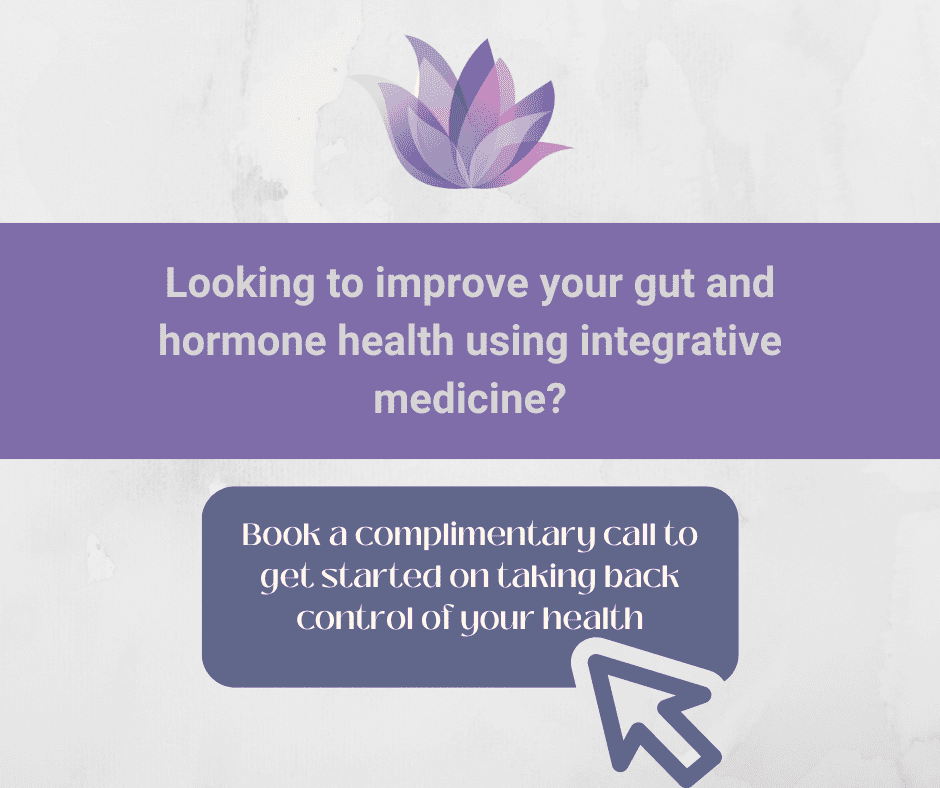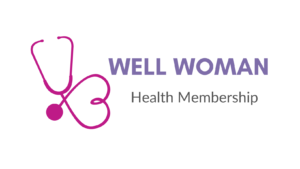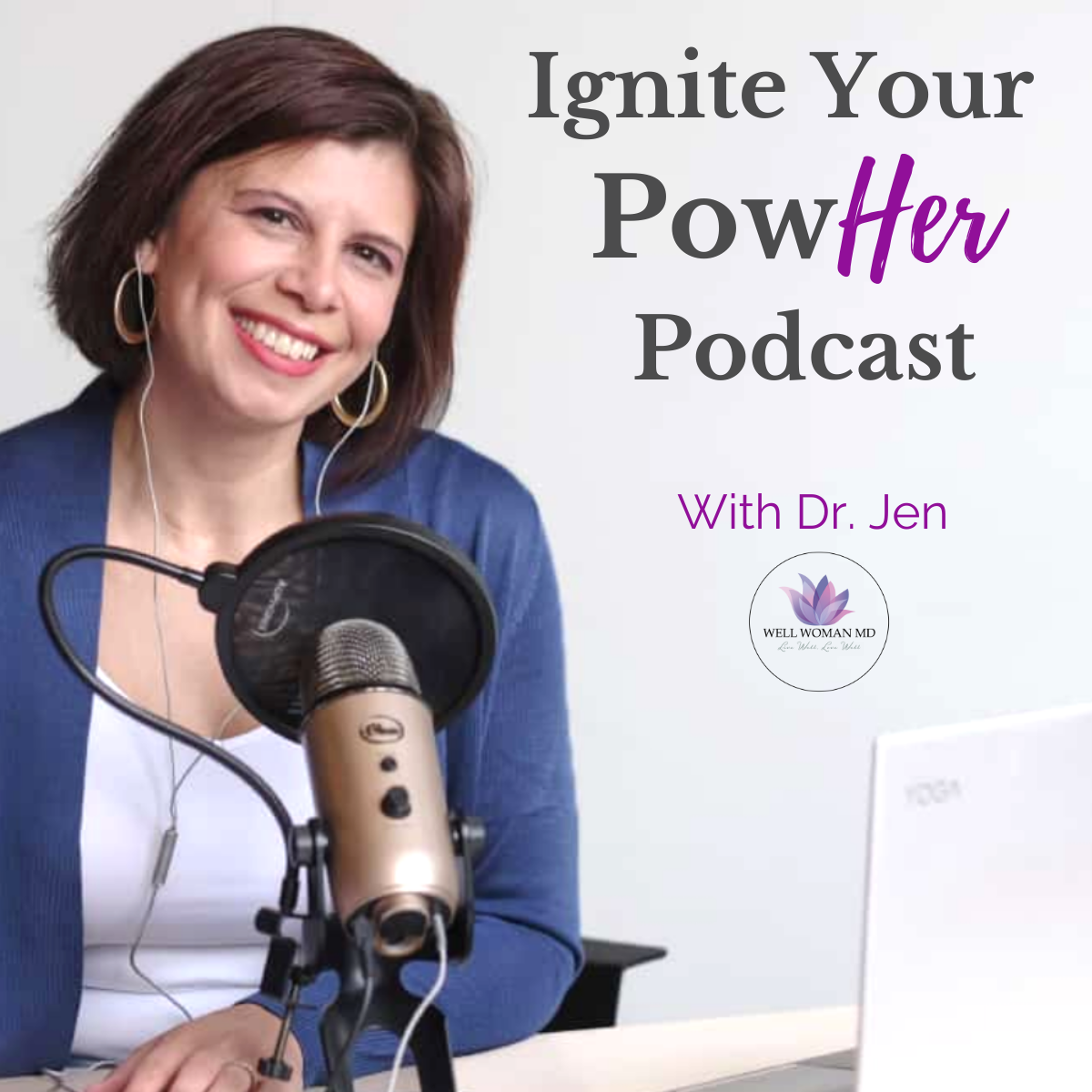Fasting has been quite a popular buzzword lately due to its benefits in preventing aging. But is it worth all the hype? Besides aging, are there other benefits for women’s health?
This article will explore intermittent fasting, its benefits, and how some hacks make it easier to implement.
Is intermittent fasting good for females?
Intermittent fasting is one of the tools in the toolbox for helping women with various health benefits. Most notably, weight loss, energy, and slowing down aging. It is a good choice if it does not place too much stress on your body and leads to elevated cortisol levels that cause inflammation and derail all the sound effects.
What is the most effective intermittent fasting pattern?
The most popular is the 16:8 plan. Fast for 16 hours, eat for 8 hours. It is easier than fasting for 24 hours for most women and the most studied in clinical trials.
Other options include the 5:2 plan, where you eat without changes for five days, and for the remaining two days, you consume 25% of your average amount of calories. And even a fasting plan where you alternate eating and fasting for 24 hours.
But the most effective plan is the one that works for you. If you can only last for 13 hours, then do that. Increasing your cortisol levels due to stressing about getting to 16 hours will sabotage your results.
5 Health Benefits of Intermittent Fasting
- Weight Loss
- Decrease belly fat (visceral fat)
- Decrease Cortisol
- Improve Insulin Resistance
- Boost Brain Health (bye-bye brain fog)
So how does it help weight loss?
Lower glucose levels in your body because you are not eating lowers insulin levels. You reset your insulin levels. Fasting gives the cells in your gut a break to repair any damage and take care of the bacteria in the gut. You are improving your overall gut health and lowering insulin levels.
If you lower insulin levels, you improve many hormonal conditions such as PCOS and Menopause and prevent chronic disease.
How does it work for brain health and preventing aging?
Inside our body, there are energy-producing structures called mitochondria. The mitochondria can adapt to the stressors in our body and regulate energy production, a process called plasticity.
As we age, the ability of our mitochondria to do this decreases. And cellular functions like cleaning up old cells and our metabolism take a hit.
When you fast, autophagy occurs or spring cleaning. The old, tired, worn-out cells are discarded, and the mitochondria in the healthy, productive cells are more efficient.
Here are my hacks for making I.F. easier:
- Slowly increase the fasting hours overtime, start with 13 hrs., then 14 hrs., and build to 16 hours.
- Use electrolyte mix first thing in the morning to support your adrenal glands so you do not experience the side effects like dizziness and fatigue.
- Add MCT oil to your coffee, and you can get the benefits of mental clarity associated with weight loss.
- Add prebiotics to feed the bacteria as you fast.
How soon will I see results from intermittent fasting?
It will take several weeks to notice a significant change. And also depending on how many days a week you fast.
If you are interested in diving more into I.F., here are some fabulous podcasts
Intermittent Fasting for PCOS, Weight Loss or Maintenance with Laurie Lewis
Fasting: Hype Or Ultimate Health Hack? with Dave Asprey
Take-Home Message:
Fasting is a way of eating to promote a healthier lifestyle with a side effect of weight loss. It is exciting that there are benefits to preventing the signs of aging and extending longevity. Most women should adopt a fasting plan that works for them for these benefits alone.
Are you interested in learning more?
As I mentioned earlier, intermittent fasting can be a great tool for weight loss, improving brain function, or getting your PCOS under control. I’d love to help. Reach out to me and let’s get started on the road back to reclaim your health.
During a consultation, we’ll figure out:
- Is intermittent fasting for you?
- The root cause of symptoms.
- How to address your health concerns through personalized nutrition, lifestyle, and supplement recommendations
Schedule a FREE strategy session to learn more!
References:
Intermittent fasting: The positive news continues – Harvard Health








